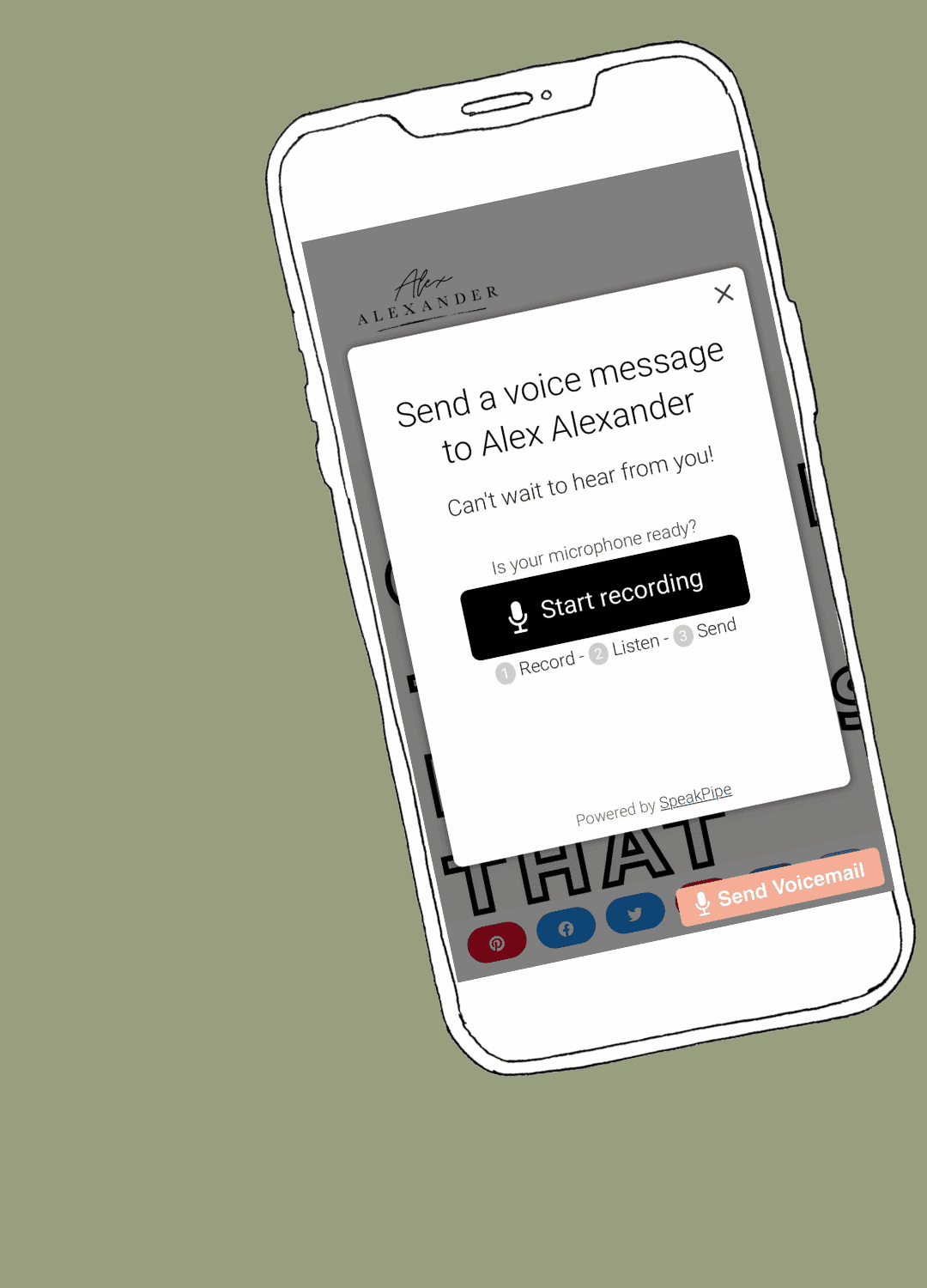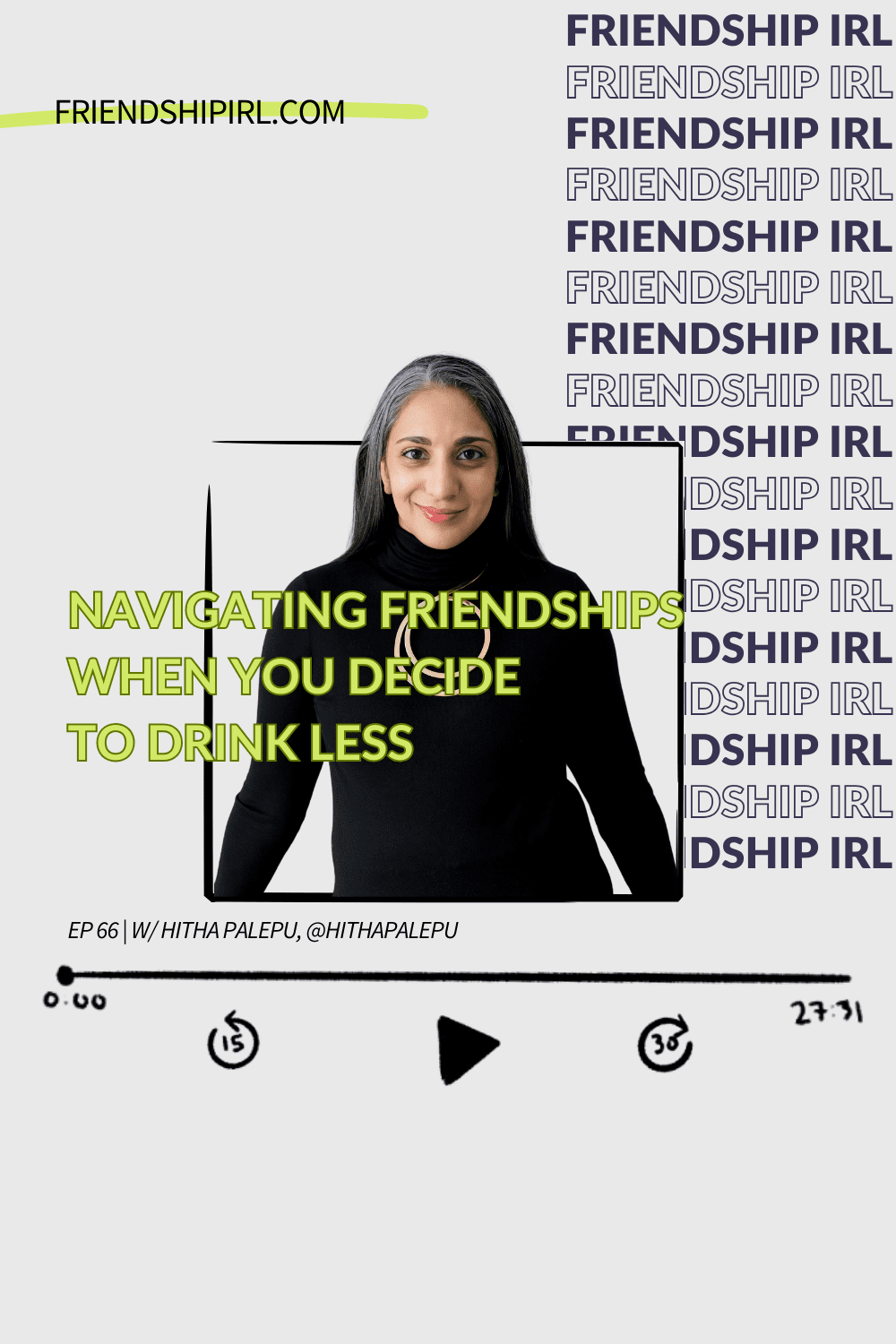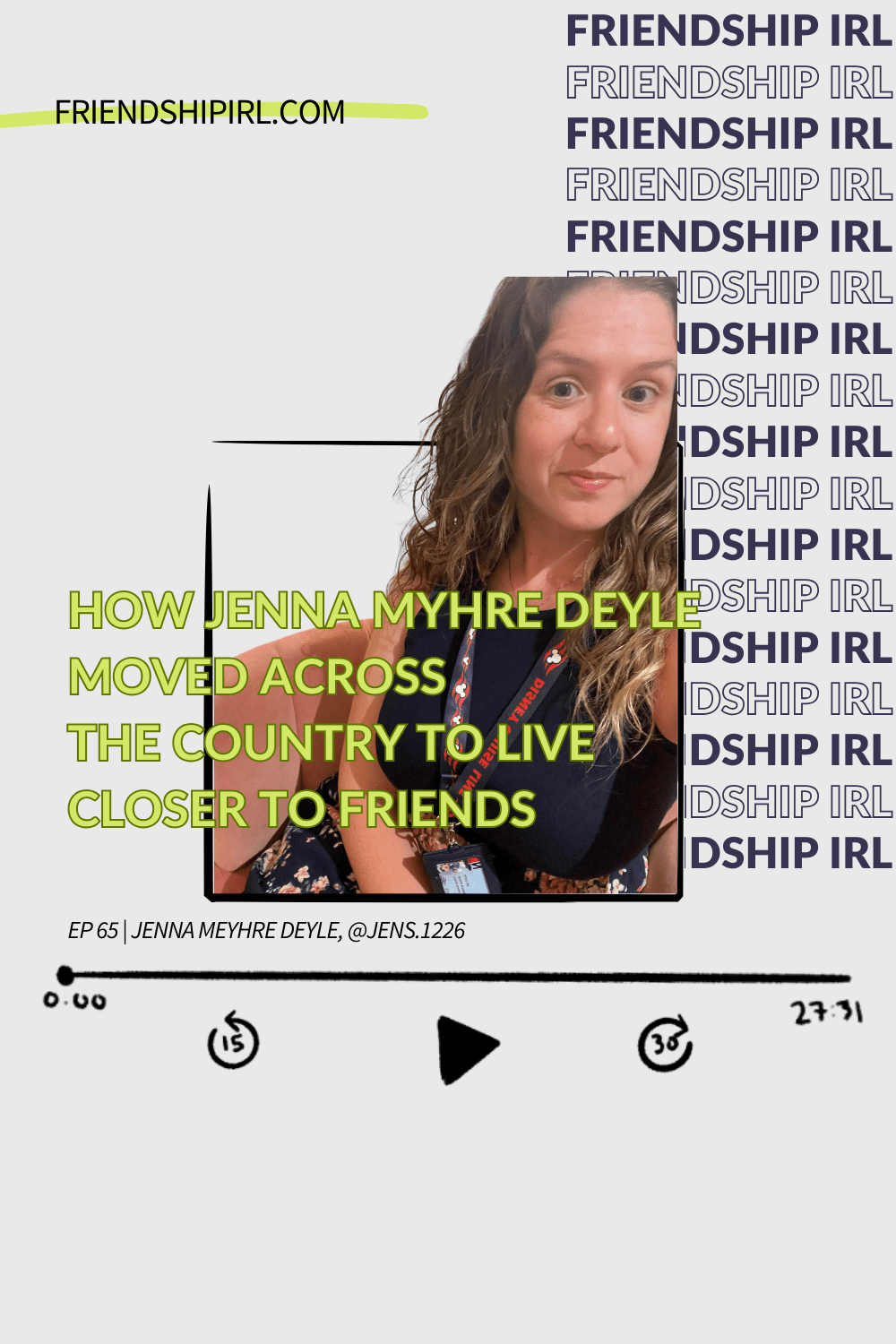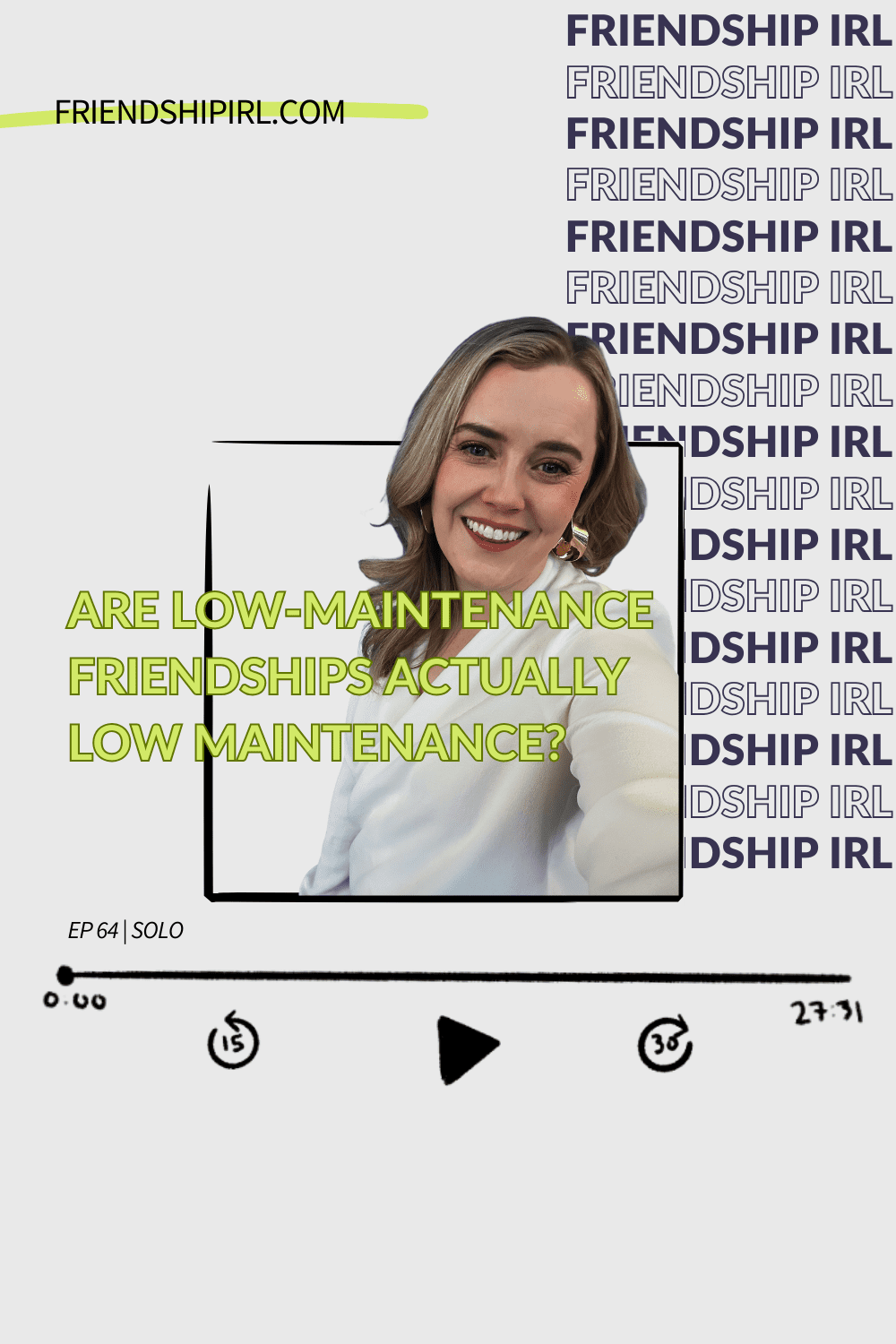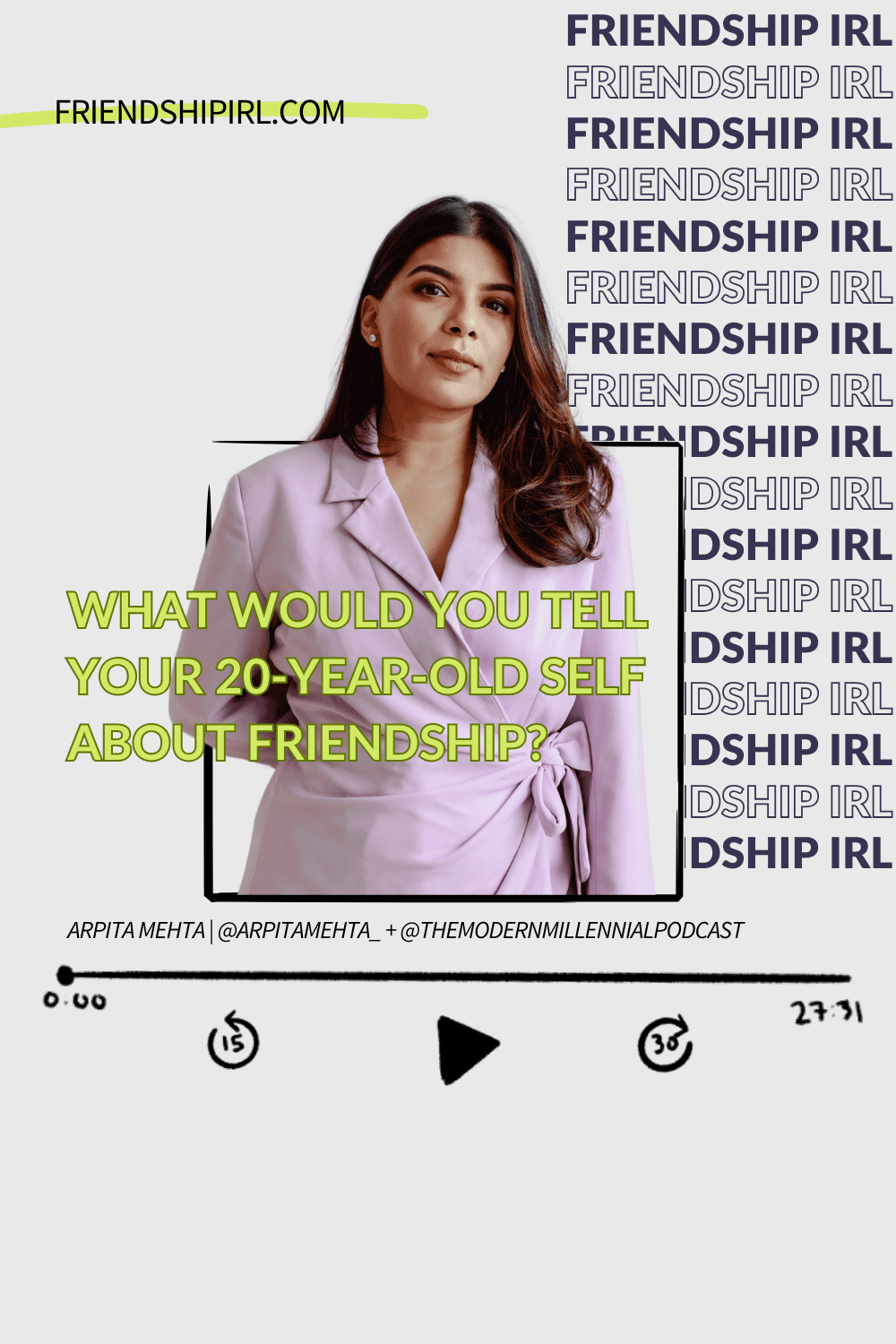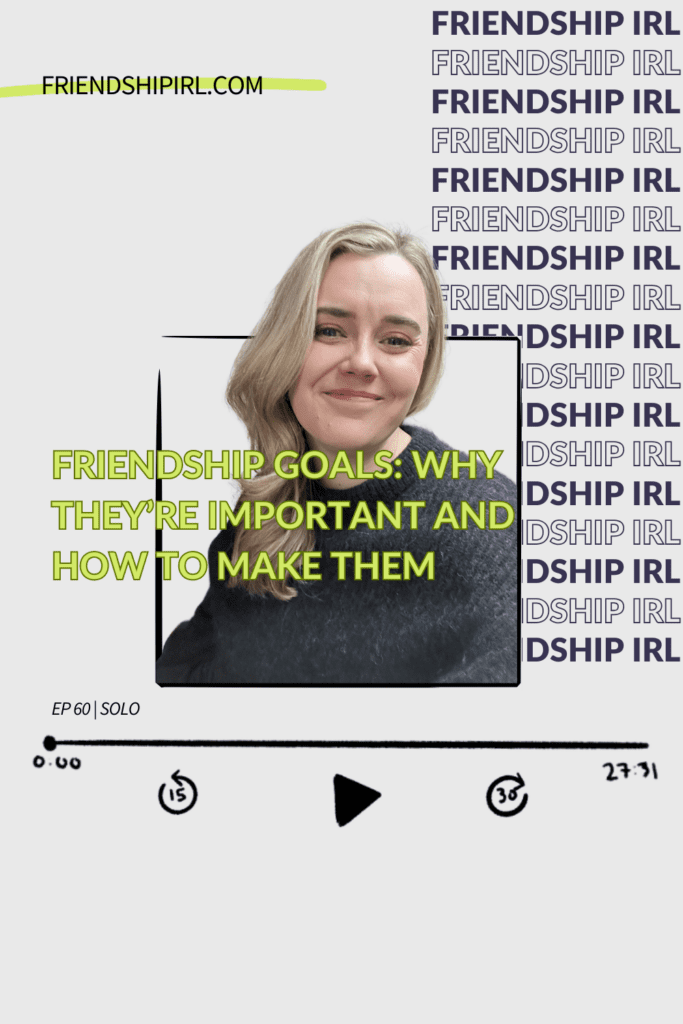
- Setting Meaningful Friendship Goals
- Consider the Types of Friends in your Life
- Navigating Friendships Using Your Friendship Goals
- Friendship Goal Examples
- Reflecting on Goals
- Frequently Asked Questions
Developing meaningful connections takes effort and intention. Many individuals often rely on chance social interactions without considering the purpose friendships serve in their lives. Establishing clear friendship goals creates clarity amidst the noise, helping you align the actions you are taking in your relationships to your needs.
In a recent solo episode (#60) of her podcast Friendship IRL, host Alex Alexander delves into the significance of actively focusing on your ideal social circle. Alexander emphasizes that many people operate on autopilot, repeating familiar patterns without consciously shaping their social vision. By committing to intentional friendship goals, you establish a framework for taking charge of your relationships.
Setting Meaningful Friendship Goals
The first step entails reflection to take stock of current connections and how they fulfill (or don’t) your social wellness needs. From there, drill down to define initial changes for the next 3 months across friendship types, from best friends to community ties.
For example, goals around strengthening family bonds, finding new shared interests or scheduling regular one-on-one quality time with specific individuals. Start small yet targeted.
The Steps for Making Friendship Goals
While it may feel uncomfortable initially, setting friendship goals is a skill you can develop. Follow this framework:
- Prioritize your connections using your time, energy, and attention.
- Set aside time for self-reflection to take stock of your current friendship landscape.
- Envision your ideal future state of connections – your big-picture vision.
- Break that down into smaller, actionable sub-goals. Pick 1-2 goals to invest in for the next three months.
- Take action. None of this will work if you make the goals and forget about them. You need actually to take steps toward those specific goals.
- Check back in with yourself to assess progress and adjust.
Consider the Types of Friends in your Life
There is a common belief that you should only focus on maintaining a few close friendships and let go of the rest. However, it’s important to consider the overall impact of all the connections in your life. Look at my Wheel of Connection Framework to better understand the different types of friends you have in your life.
After analyzing the Wheel of Connection Framework, take a moment to assess where your friends fall within the categories. Are most of your connections close friends, acquaintances, or centered around work? Do you find that your friends are mostly long-distance or that you rely heavily on family for support? Understanding the types of friends you have can provide valuable insight into the dynamics of your social circle.
There is no right or wrong way to build your own unique support system, but it is important to take the time to consider the people in your life and where you might need to add. Consider the unique roles filled by:
- Close confidants who offer deep emotional support
- Casual acquaintances for fun group activities
- Community members who promote a sense of belonging
Getting clear on areas that might be feeling empty can be a great place to focus your friendship goal energy.
Navigating Friendships Using Your Friendship Goals
Your friendship goals will give you a sense of where to invest your energy. For example, you might face an ongoing friendship problem head-on by making it a friendship goal to have an open communication line with that friend. You might make your goals more personal and introspective, such as letting go of shame or trying a different approach to sending invites to friends. Your friendship goals might be focused on seeing friends at a regular cadence or joining a new group.
Your goals will dictate your actions, so if your goal is to see a friend more regularly, you now know how often you need to reach out to them and make an invite to make that happen.
Some more ideas include doubling down on positive interactions that yield dividends. Surprise friends with appreciative text messages. Introduce contacts from separate life spheres. Be a connector linking up potential new bonds.
6 TIps for Turning your Friendship Intentions into Action
Podcaster Alex Alexander suggests keeping these best practices in mind as you choose your friendship goals:
- Be Intentional – You made intentional goals, so translate those into intentional actions.
- Lean Into Your Interests – Bonding over hobbies or passions takes the pressure off connecting.
- Use Technology – Online groups, social media, and apps like Bumble BFF open networking opportunities.
- Create Consistency – Join a club, faith group, or regular meetup to make bonding easier.
- Involve Existing Friends – Tell friends your goals – they may have an introduction or idea!
- Stay Open – Put your phone down, smile, and be willing to discover new connections.
Examples of Goals
The pathways for enriching social wellness are infinite. From joining a local hobby group to grabbing coffee with a coworker, you want to know better to planning long-overdue visits with long-distance friends, embrace a spirit of openness. Release perfectionism; start somewhere.
Friendship Goal Examples
Still not sure where to begin? Here are some friendship intention ideas spanning different areas of life:
- Find a new interest to share with a sibling or parent regularly
- Go technology-free when walking through your neighborhood to be more present
- Join a local group/class related to an interest (ex. watercolor painting)
- Become active in existing online communities surrounding a hobby
- Suggest an “offshoot activity” to a coworker, like getting lunch
- Invigorate a stale friendship by trying something new together
- Attend a local event or gathering you’ve been wanting to check out
- Set aside 15 minutes for “friendship admin” tasks like scheduling visits
- Send an appreciation text to one friend per week
Listen to the full episode to hear the 20 Examples of Friendship Goals that Alex provides in the episode.
Still unsure where to begin? Grab Alex’s free reflection questions to spark introspection on your social connections.
Reflecting on Goals
It’s crucial to regularly review your friendship goals to track your progress and ensure they still align with your current needs. You may find that some goals need adjustments as you evolve, or you may even be able to cross them off your list if you’ve made significant strides. I recommend revisiting your friendship goals every 3 months to keep yourself accountable and on track.
For supplemental support on friendship reflection and regular community-building insights, explore host Alex Alexander’s forthcoming book “Are We Friends Yet?” (Releasing in 2024!) Get on the list! Plus the full Friendship IRL podcast archive.
Frequently Asked Questions
What are friendship goals?
Friendship goals are like stepping stones toward your ideal vision of friendship. They are the specific aspirations you have for different aspects of your friendship. By setting these goals, you can create a roadmap of actions to help you progress towards them. This involves defining intentions, behaviors, and objectives you can work on over a set period to improve your social well-being. It’s all about taking intentional steps to strengthen and nurture your relationships.
How can I set meaningful friendship goals?
Get honest with yourself about what you want, spend the time to think of the various components that make up that vision, spend time reflecting on the actions you can take to develop those relationships, and then take action.
How do I navigate challenges within friendships?
Friendship challenges can often feel like a roadblock, but they can also be an opportunity for growth. The key is communicating openly and honestly with your friend about the issue. Take time to reflect on the situation and consider what you can do to improve it. Stay positive and focus on finding solutions rather than dwelling on the problem. If the friendship doesn’t work out, remember that it’s okay to move on and seek out new relationships that align better with your needs. Check out this podcast episode on navigating differences in friendships for helpful insights.
Why is it important to reflect on friendship goals?
Reflecting on friendship goals is essential because our personal growth and experiences constantly evolve. As we change, our ideas and priorities regarding friendships may also shift. It’s important to regularly reassess our friendship goals to ensure they still align with our values and aspirations. Sometimes, we may realize that a goal no longer resonates with us and needs to be adjusted or replaced. Other times, we may feel that we have made significant progress and are ready to focus on a new goal. By reflecting on our friendship goals, we can ensure that our relationships are fulfilling and meaningful as we continue to grow and change.



